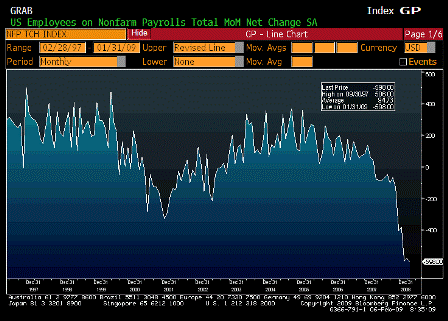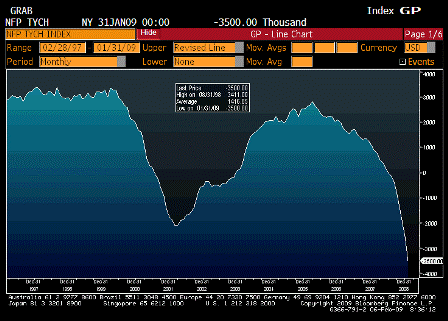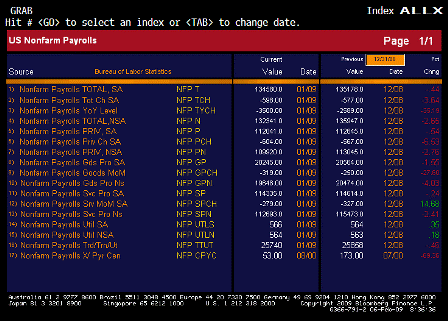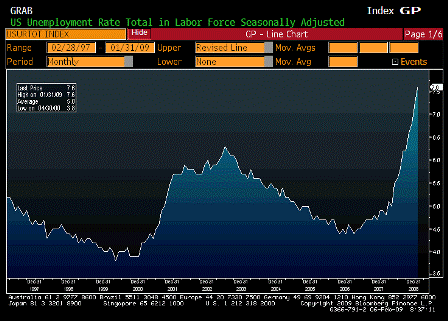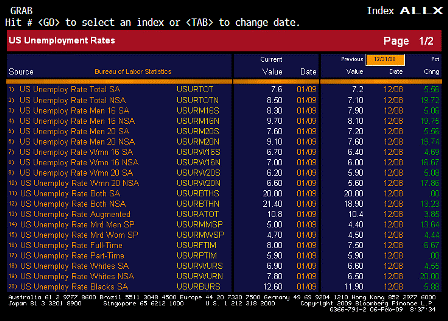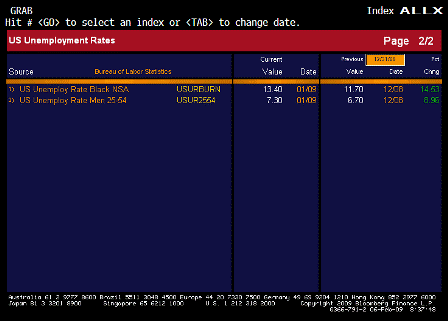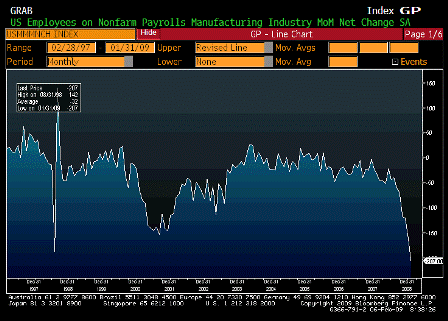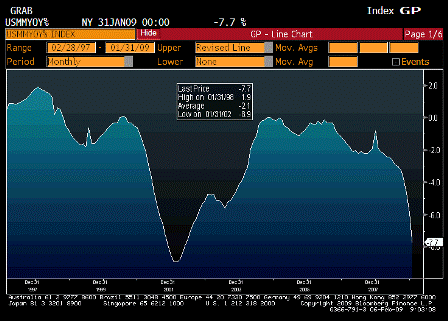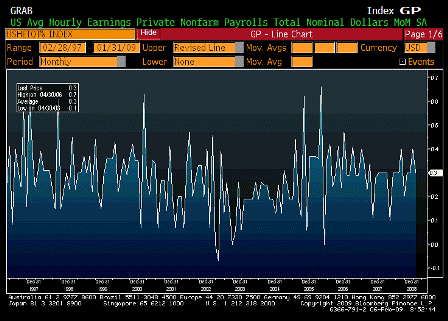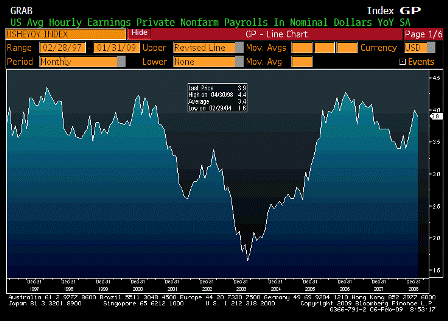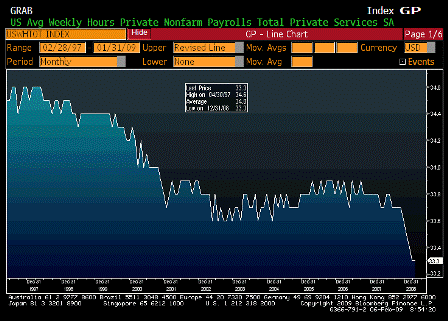[Skip to the end]
Very, very sad but true. And not just in Japan.
Restoring output and employment is only a matter of a few spread sheet entries by the government on its own spreadsheet.
Lower interest rates and other forms of ‘monetary policy’ don’t cut it.
What’s needed is a fiscal adjustment large enough to offset the desire of the population not to spend its income.
Operationally, that takes nothing more than debiting and crediting a few accounts on the governments spreadsheet.
by Stuart Biggs and Toko Sekiguchi
Feb 5 (Bloomberg) — Homeless and suicide numbers in Japan may spike as manufacturers including Sony Corp., Panasonic Corp. and Honda Motor Co. fire thousands of workers to cut costs amid the country’s worst recession since World War II, unions said.
Changes in labor law since 1999 have left a third of Japan’s workforce employed on short-term contracts offering little security and no unemployment benefits. Wages are often less than welfare payments and many temporary workers live in company dormitories, leaving newly unemployed also homeless, unions and activists say.
As the number of temporary workers increased, so did poverty levels as 4.3 million, or 8.1 percent of all Japanese households, earned less than 1 million yen ($11,200) in 2007, up from 3.1 million in 2001, according to ministry data.
“It’s totally unstable, unlike anywhere else in the world,” Makoto Kawazoe, an official with the Tokyo Young Contingent Workers Union, said yesterday. “You can’t treat labor like raw materials and expect it to conform to a ‘just in time’ manufacturing system. Labor is live human beings who have to eat and survive.”
Economic woes in Japan historically herald an increase in people taking their own lives in a society that already sees a suicide about every 15 minutes. Fifty-seven percent of the 33,093 who killed themselves in 2007 were jobless, police figures show.
“For political leaders the suicide rate is a sharp warning over policies,” Koichi Kato, a lawmaker for the ruling Liberal Democratic Party, said in an interview this week.
Prime Minister Taro Aso said on Jan. 28 the government will ease regulations barring non-regular workers from unemployment coverage. For example, Japan’s labor ministry plans to reduce the qualification period for benefits to six months in the same job from 12, starting April 1.
[top]



